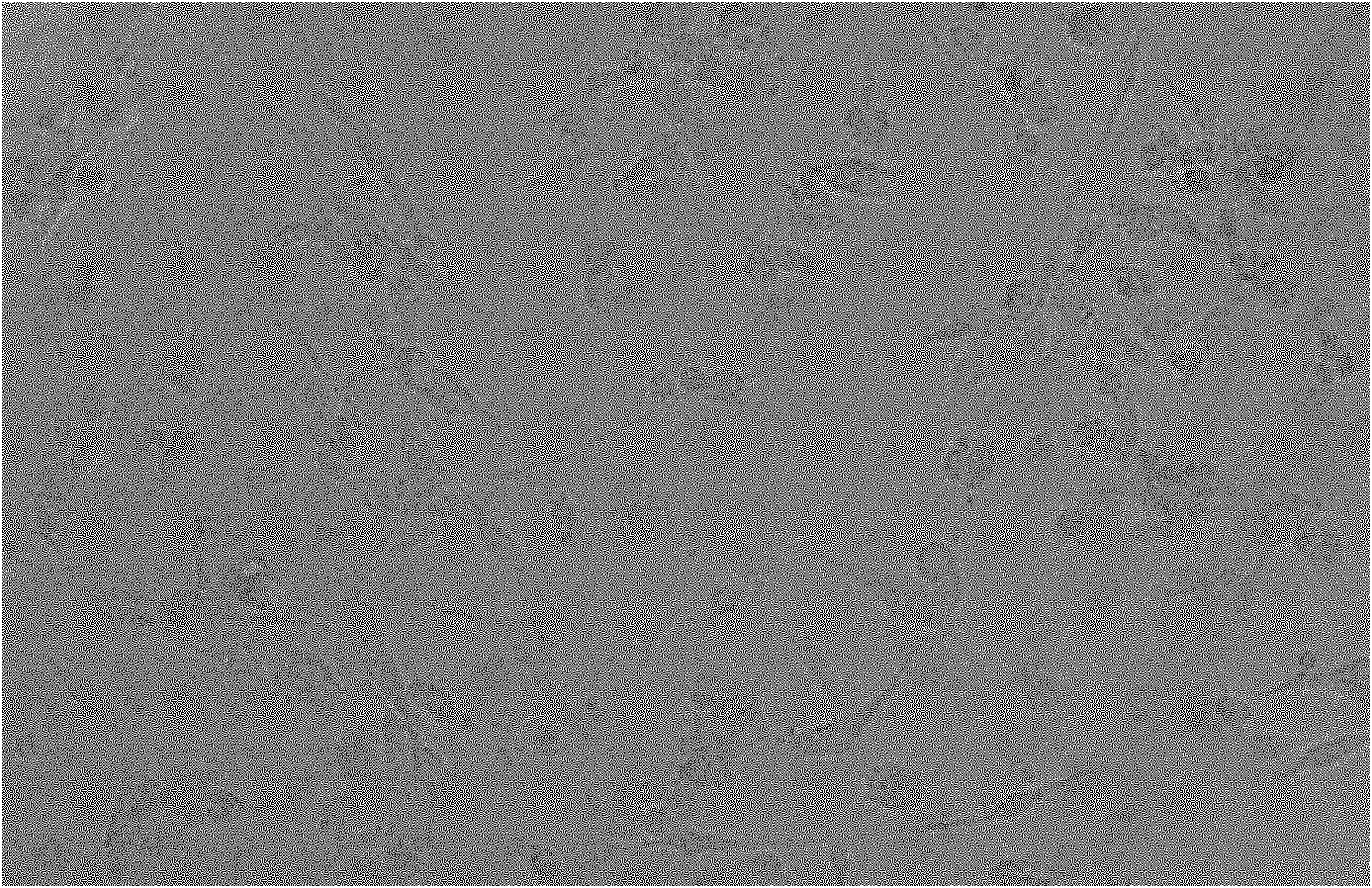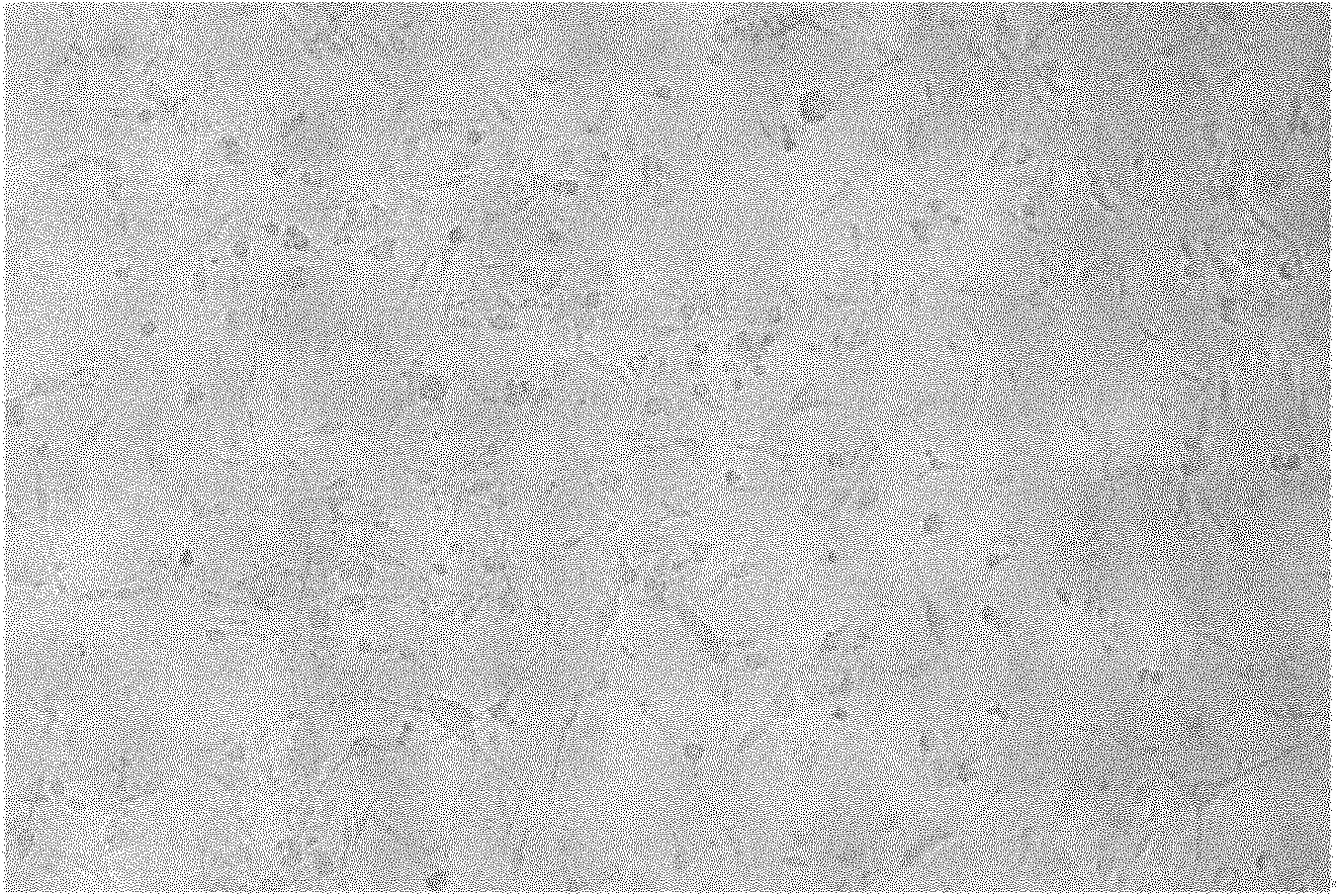Antisense oligodeoxyncleotide of human miR-1913 and application thereof
An oligonucleotide and nucleotide technology, applied in the field of biomedical materials, can solve the problems of insignificant improvement in the survival rate of tumor patients, poor curative effect in patients with distant metastasis, and low survival rate in patients with advanced disease. Good inhibitory effect, anti-malignant proliferation ability, long half-life effect
- Summary
- Abstract
- Description
- Claims
- Application Information
AI Technical Summary
Problems solved by technology
Method used
Image
Examples
Embodiment
[0030] Example: Detection of antisense oligonucleotides of human miR-1913 on human glioma cell line U87 / MG inhibitory activity
[0031] First, the miR-1913 antisense oligonucleotide was synthesized by Shanghai Gemma Pharmaceutical Technology Co., Ltd., the sequence is: 5'-UGGCAGCAGCGGAGGGGGCAGA-3'. All the sequences used in the examples were synthesized by Shanghai Gemma Pharmaceutical Technology Co., Ltd.
[0032] Cell culture:
[0033] U87 / MG cells (human brain astroglioblastoma, purchased from the Cell Bank of the Type Culture Collection Committee of the Chinese Academy of Sciences) were purchased from Gibco in 10% FBS-DMEM medium (FBS (fetal bovine serum), DMEM (a A regular medium) purchased from Hyclone), at 37 ° C, 5% CO 2 cultivated under conditions. Collect U87 / MG cells in good growth state, count by centrifugation, and use 2×10 3 Spread each well in a 96-well plate at 37°C, 5% CO 2 Cultivate for 24h.
[0034] Transfection:
[0035] 1) One day before transfectio...
PUM
 Login to View More
Login to View More Abstract
Description
Claims
Application Information
 Login to View More
Login to View More - R&D
- Intellectual Property
- Life Sciences
- Materials
- Tech Scout
- Unparalleled Data Quality
- Higher Quality Content
- 60% Fewer Hallucinations
Browse by: Latest US Patents, China's latest patents, Technical Efficacy Thesaurus, Application Domain, Technology Topic, Popular Technical Reports.
© 2025 PatSnap. All rights reserved.Legal|Privacy policy|Modern Slavery Act Transparency Statement|Sitemap|About US| Contact US: help@patsnap.com



